The future of faith in the US is in serious jeopardy, and the ripple effects could change society forever.
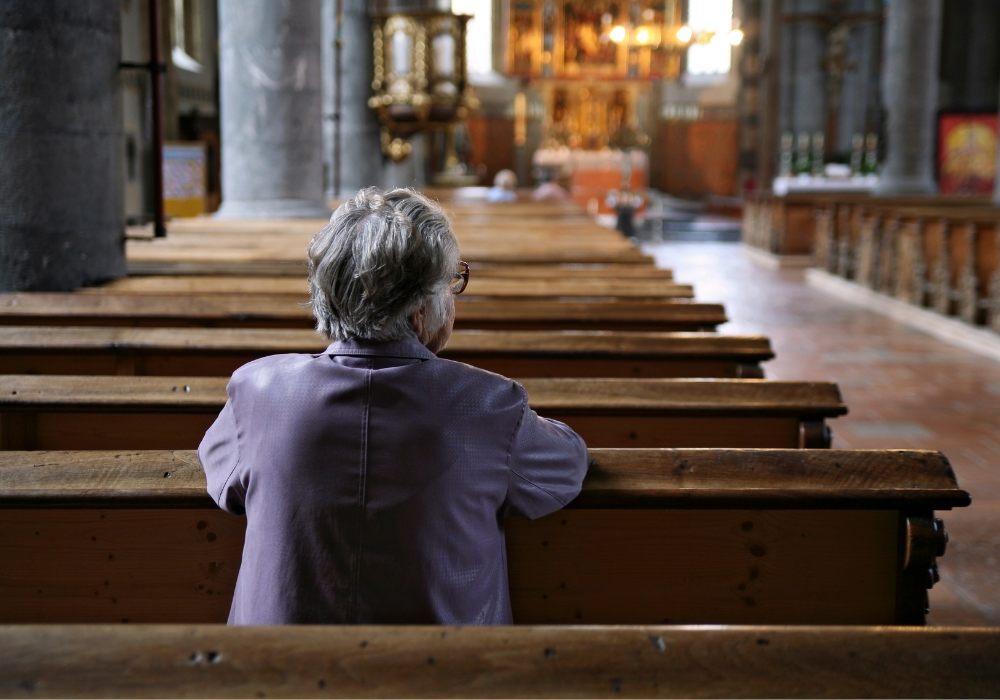
Did you know that nearly 30% of Americans now identify as religiously unaffiliated? It’s a staggering shift that’s reshaping the nation’s spiritual landscape. Over the past decade, the percentage of U.S. adults identifying as Christians has dropped from 78% to 63%.
So, what’s driving this mass exodus from organized religion? In this article, we’ll delve into compelling explanations behind this trend, exploring the societal, cultural, and personal factors influencing this significant change.
1. People Are Tired of Hypocrisy in Religious Institutions

You’ve probably heard the phrase “practice what you preach,” but many feel religious leaders don’t. Scandals involving fraud, abuse, and corruption have shaken people’s trust. It’s hard to stay committed to a faith when those in power contradict the values they’re supposed to uphold. For many, disillusionment is stronger than devotion.
2. Millennials and Gen Z Value Personal Spirituality Over Organized Religion

Younger generations are ditching pews for podcasts and yoga mats. They’re less interested in sermons and more drawn to personal growth and mindfulness practices. Religion feels outdated to many of them, who crave a spiritual connection that aligns with their modern lives. It’s not about rejecting faith—it’s about redefining it.
3. Science Is Providing Answers That Religion Once Claimed

In a world where science explains so much, people are less inclined to turn to religion for answers. The mysteries of life, death, and the universe now have theories grounded in evidence. For some, this shift makes religion feel irrelevant or even outdated, leaving them more confident in logic than in faith.
4. The Internet Is Making People Question Everything

The internet gives everyone a platform, and religion isn’t immune to scrutiny. Exposés, forums, and viral videos have brought religious doctrines and practices under a microscope. When answers to tough questions fall short—or contradict reality—people lose faith. It’s hard to believe blindly when so much information is at your fingertips.
5. Churches Are Seen as Political, Not Spiritual
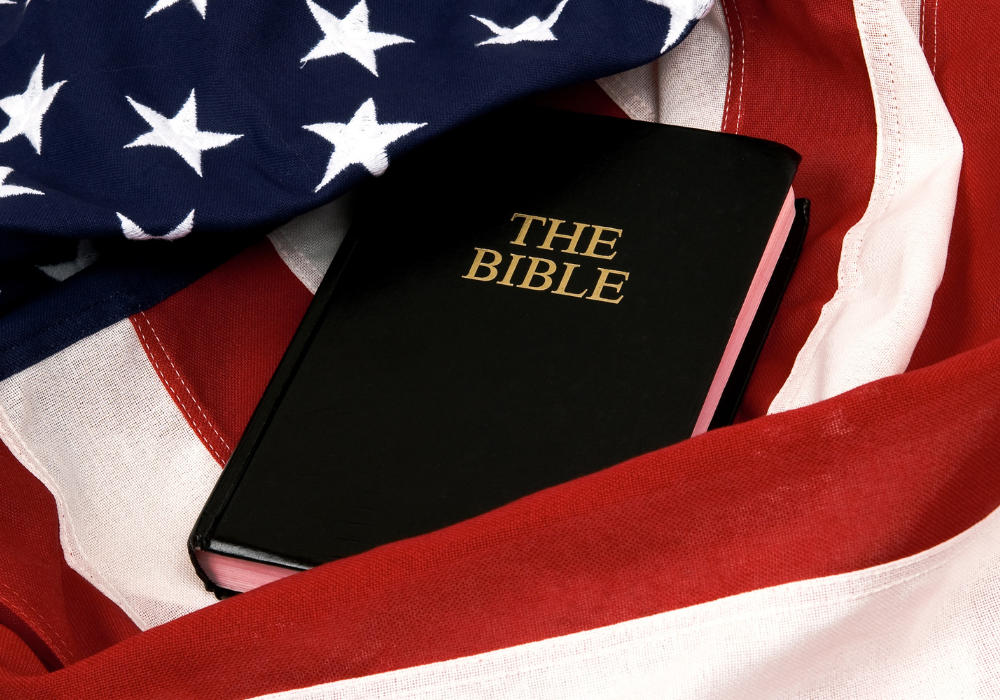
If it feels like church and politics are in bed together, you’re not alone. For many, religion has become less about faith and more about power. Churches that align with political agendas alienate those who just want a spiritual connection. The result? People are walking away in frustration.
6. Organized Religion Doesn’t Embrace Modern Social Values
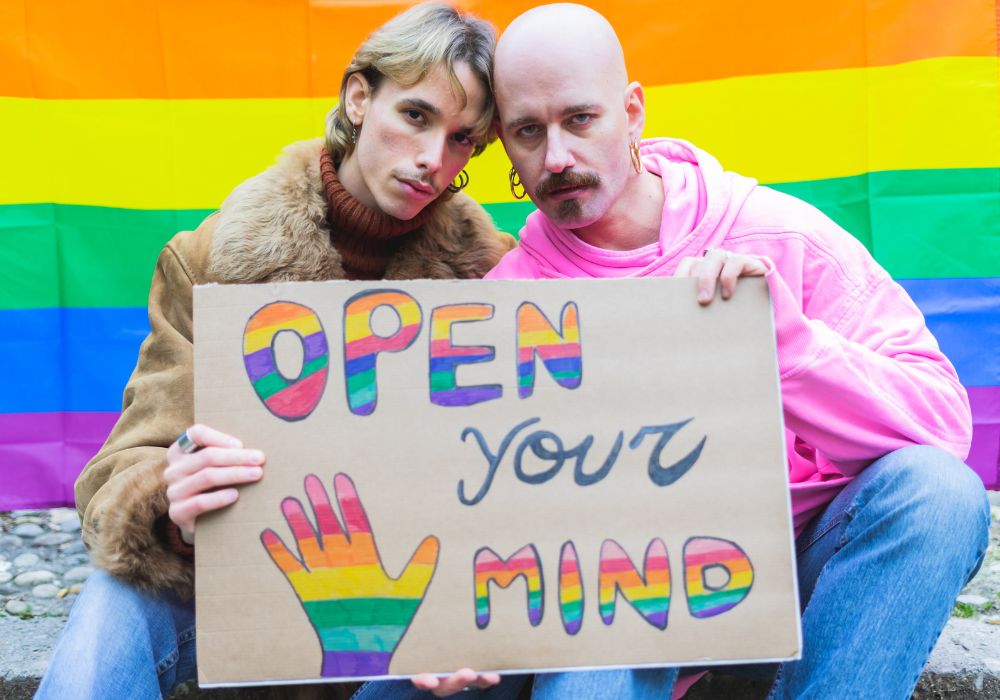
Whether it’s LGBTQ+ rights, gender equality, or reproductive health, many feel that religion is stuck in the past. These outdated views don’t sit well with people who value inclusivity and progress. When religion clashes with personal beliefs, people are more likely to leave than to compromise their values.
7. Life Is Busier, and Religion Feels Like One More Obligation

Sundays used to mean church; now, they mean catching up on work, errands, or family time. For many, religion feels like just another item on an already overwhelming to-do list. If faith doesn’t provide immediate relief or value, it’s easy to push it to the back burner—or drop it altogether.
8. Growing Up in a Strict Religious Household Leaves Scars
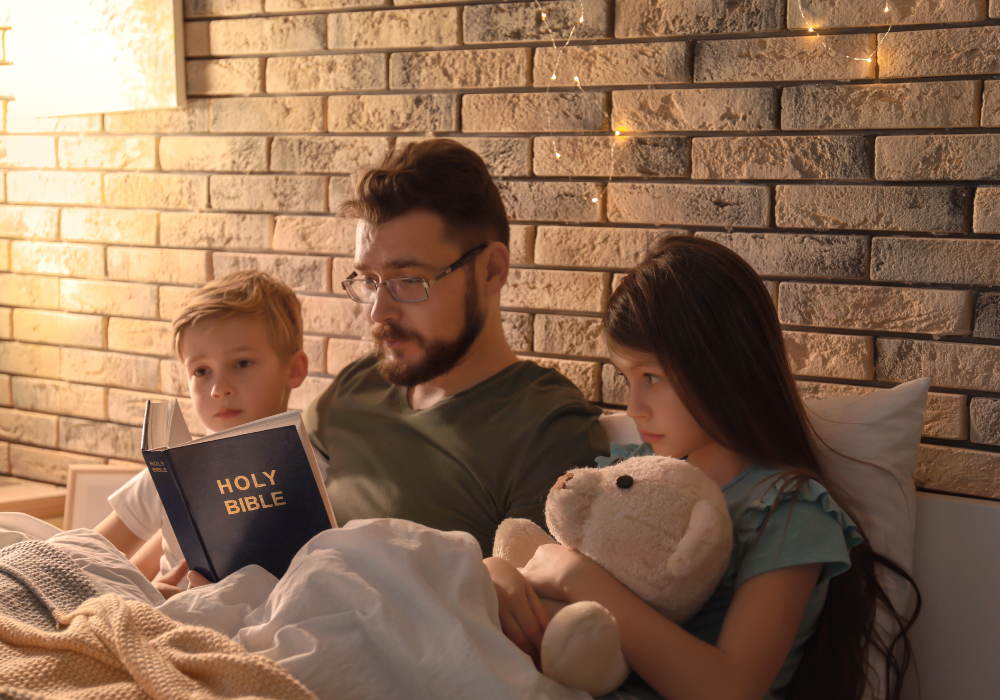
For some, religion was a source of fear, shame, or control. Strict upbringings often leave people with negative associations they can’t shake. As adults, they’re quick to abandon the faith they feel damaged them. Rebellion isn’t always about anger—it’s about healing from a belief system that never felt like home.
9. Financial Abuse in Churches Is a Growing Concern

The mega-churches with private jets and lavish lifestyles? They’re turning people off. Many are starting to ask, “Where is my money really going?” When giving feels more like funding extravagance than helping communities, it’s easy to justify walking away. Faith without trust in leadership is hard to sustain.
10. Interfaith Marriages Are Changing Beliefs
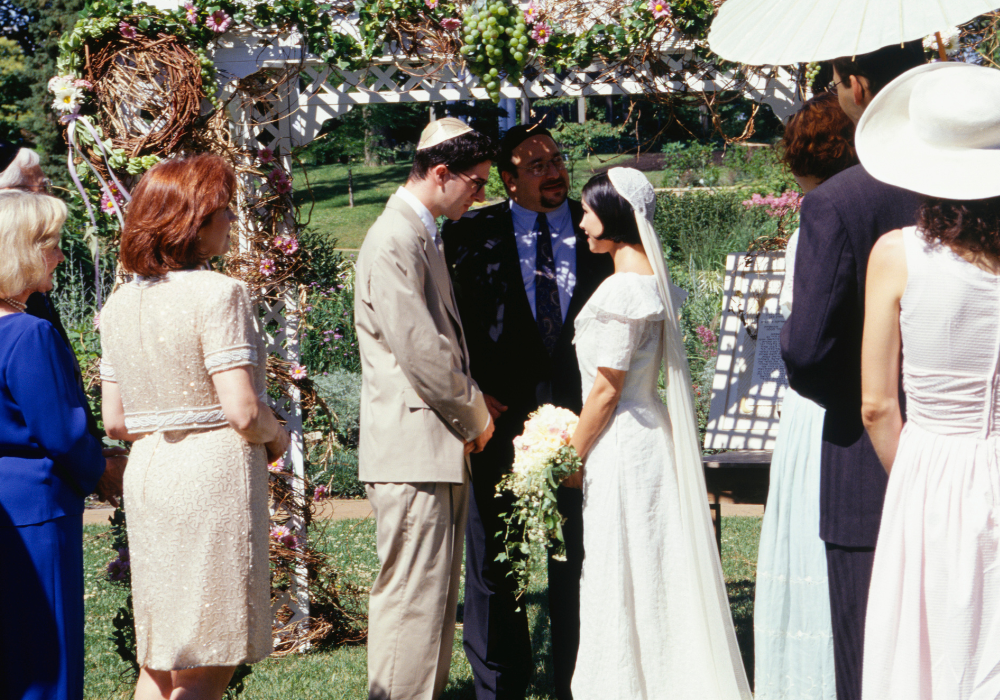
Couples from different religious backgrounds often compromise—or abandon religion altogether—to avoid conflict. In a world of blended families and diverse relationships, rigid religious traditions feel out of place. Love can change everything, including how (or whether) you practice faith. For many, unity is more important than sticking to the rules.
11. Social Media Promotes Individualism Over Community

Platforms like Instagram and TikTok celebrate personal identity and self-expression. In contrast, religion often emphasizes community over individuality. For some, the “follow your own path” mentality conflicts with organized religion’s collective mindset. When people focus on self-discovery, they’re less likely to commit to a belief system they see as restrictive.
12. The Pandemic Made People Reevaluate Everything

The COVID-19 pandemic forced millions to question their priorities—and for many, religion didn’t make the cut. Online services weren’t the same, and isolation left people rethinking what truly matters. Some found faith outside of churches, while others lost it altogether. The crisis reshaped what people value, and for many, faith took a backseat.
